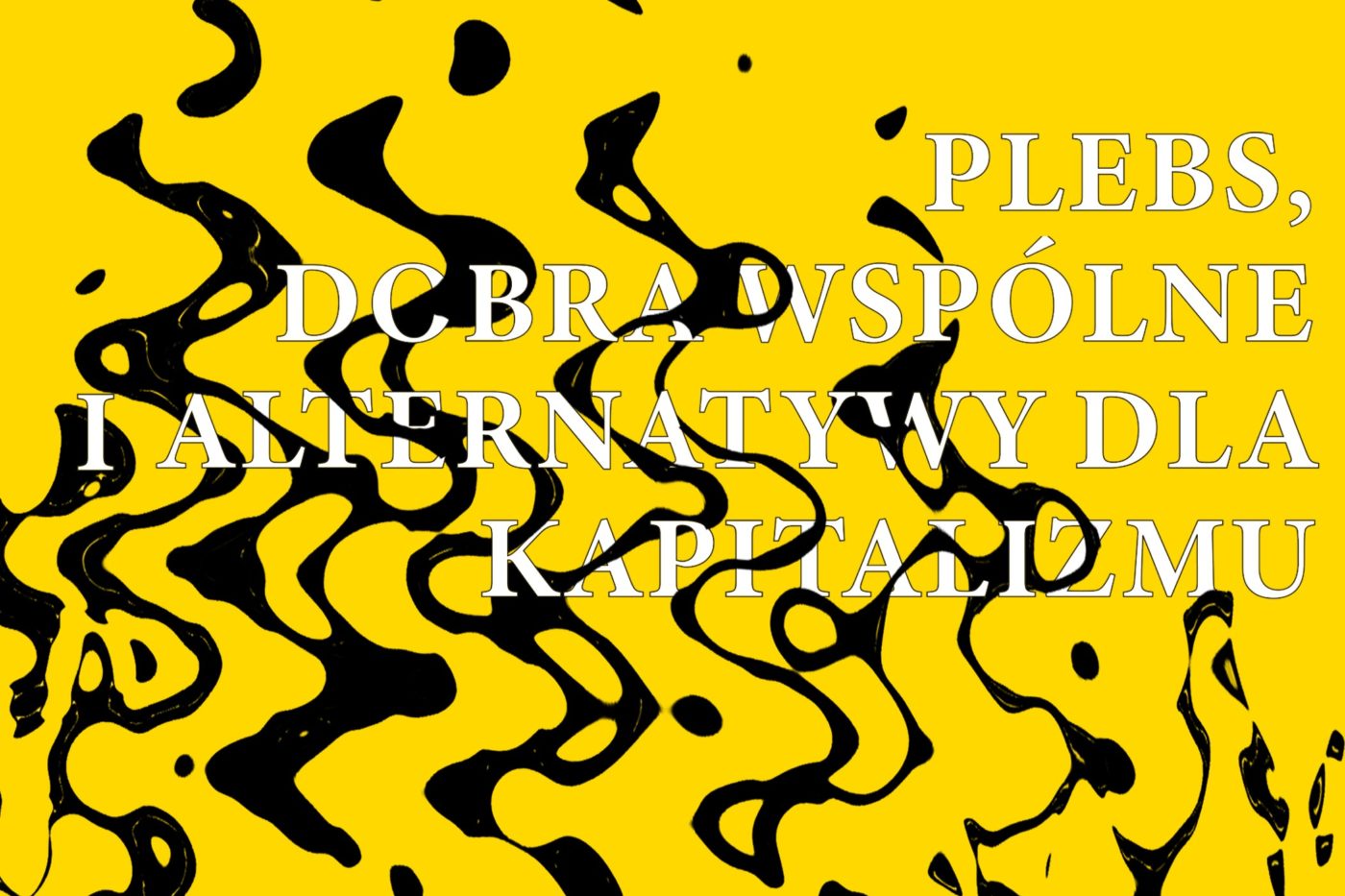Sowers of the plague, reapers of the revolution.
How to inoculate Europe against the post-pandemic racism?
Online lecture by Łukasz Moll

The history of combating medical epidemics is heavily intertwined with the history of preventing social epidemics. It could not be any other way, since insubordinate bodies in motion carry not only viruses, but also infectious ideas. When there was an outbreak of an epidemic, repressions affected first the city rabble – vagrants, beggars, Jews or prostitutes, and when it declined, devices conceived to manage the plague remained in operation and from then on served policing transients and itinerants of all kinds. The discourse returning with each subsequent epidemic makes it all about race, portraying the plebs as “sowers of the plague.” Under the conditions of the exacerbating class conflict, the sower becomes the reaper of the revolution.
At the same time, the ongoing pandemic makes us realise that without upholding social circulation we could not continue the fight against the coronavirus. Groups which are the most susceptible to the infection are those whose position is closely related to circulation processes: homeless, couriers, cashiers, post carriers, nurses, warehouse workers, drivers, refuse collectors or migrants working as carers. This tension between being at the same time on the front line of the fight against the epidemic and on the side of its “sowers” culminates in historical occupations such as body collectors, “poverty chasers,” cleaners of plague-stricken houses, plague wet nurses, dispensers, stretcher bearers or diggers. And it resulted in court trials and accusations against e.g. gravediggers appointed to bury plague victims of purposefully infecting people and conspiring against society.
This biopolitical discourse aimed against vagabonds sounds familiar to us. We recognise it in attitudes adopted in Europe towards migrants and refugees. Although European economy is structurally dependent on immigrants intended for “dirty jobs,” in precisely the same way as plague-stricken towns targeted various epidemic-related occupations, arriving migrants are accused of all evil, from spreading disease and terrorism to the plague of unemployment and crime – again, like those accused of spreading the plague in the past. To inoculate Europe against the new wave of post-pandemic racism, in our fight against the virus we must not exacerbate the siege mentality. We must remind ourselves and others that those who arrive on the doorstep of our “besieged” cities and roam its streets, which enables us to remain safe, are working on the vaccine whose ingredients we have forgotten. Its name is solidarity.
| Data | Czas | Tytuł | Miejsce | Wstęp |
|---|---|---|---|---|
|
May 28 2020
, 18:00
Thursday
|
18:00 |
Sowers of the plague, reapers of the revolution.
|
online |